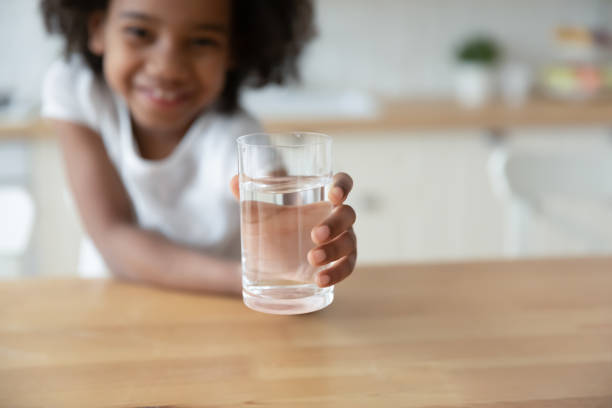
What are the health benefits associated with water?
Water, the main chemical component of your body, accounts for approximately 50% to 70% of your body weight. Water is essential for your body’s survival.
Water is essential for every cell, tissue, and organ of your body to function properly. Water is an example:
- Eliminates wastes via urination and perspiration.
- Keeps your temperature normal
- Joint lubricants and cushions
- Protects sensitive tissue
Dehydration can occur when your body doesn’t have enough water to perform normal functions. Even mild dehydration can cause fatigue and drain your energy.
How much water does your body need?
Each day, water is lost through perspiration, sweat, urine, and bowel movements. Drinking water-rich foods and beverages is essential for your body’s proper functioning.
How much fluid is required for an average adult in a temperate climate to live comfortably? According to the U.S. National Academies of Sciences, Engineering, and Medicine, a daily fluid intake of at least 1.2 liters is recommended.
- Men consume approximately 15.5 cups (3.7 Liters) of fluids per day.
- Women consume approximately 11.5 cups (2.7 Liters) of fluids per day.
These recommendations include fluids from water, beverages, and food. Around 20% of your daily fluid intake comes from food, which is from beverages.
How about 8 glasses per day?
Most people have heard of the eight glasses of water per day rule. It’s simple to remember and a reasonable goal.
Drinking water and other fluids is a good way to stay hydrated, even for those who aren’t healthy. Some people may only need eight glasses per day. Others might require more.
There are several reasons why you might need to adjust your fluid intake.
- Exercise. You should drink more water if you are doing any activity that causes you to sweat. You should drink water before, during, and after your workout.
- Environment. Warm or humid conditions can cause sweating and may require additional fluid. High altitudes can also lead to dehydration.
- Health. Fluid loss occurs when you have a fever or vomiting. You can drink more water, or you can follow a doctor’s advice to take oral rehydration. Bladder infections and stones in the urinary tract are two other conditions that may require fluid intake.
- Breastfeeding and pregnancy. You may need extra fluids to keep hydrated.
Are water and water the only options for staying hydrated
No. No. You also get a large portion of your fluids from what you eat. Many fruits and vegetables like watermelon or spinach are almost entirely water-based in weight.
Drinks like milk, juice and herbal teas contain a lot of water. Caffeinated beverages, such as soda and coffee can help you get your daily water intake. Sugar-sweetened drinks are fine, but be careful. Sugary sweetened drinks such as energy drinks, regular sodas, and sports drinks often contain lots of sugar. This may cause you to consume more calories than necessary.
How can I tell if I am drinking enough?
If:
- It is rare to feel thirsty.
- Your urine is either colorless or light yellow.
A dietitian or doctor can help you decide how much water you should drink each day.
Water is the best choice for you to prevent dehydration. Drinking water is a good idea.
- Between meals and with every meal
- Before, during, and after an exercise
- You feel thirsty
Do I have to be concerned about drinking too much water?
Healthy, well-nourished adults don’t need to drink too much water. Sometimes, athletes may drink excessive water to avoid dehydration after intense or prolonged exercise. Your kidneys won’t eliminate excess water if you consume too much. Your blood sodium level becomes diluted. This is hyponatremia and can lead to serious health problems.